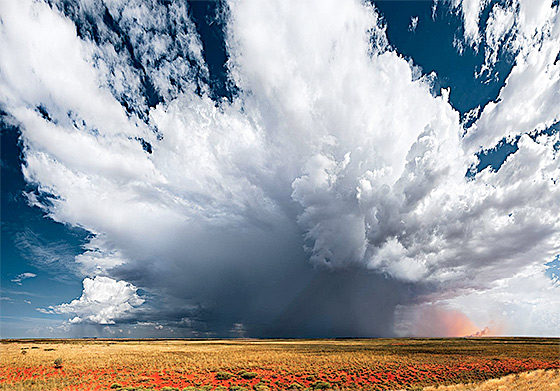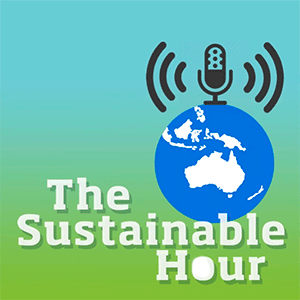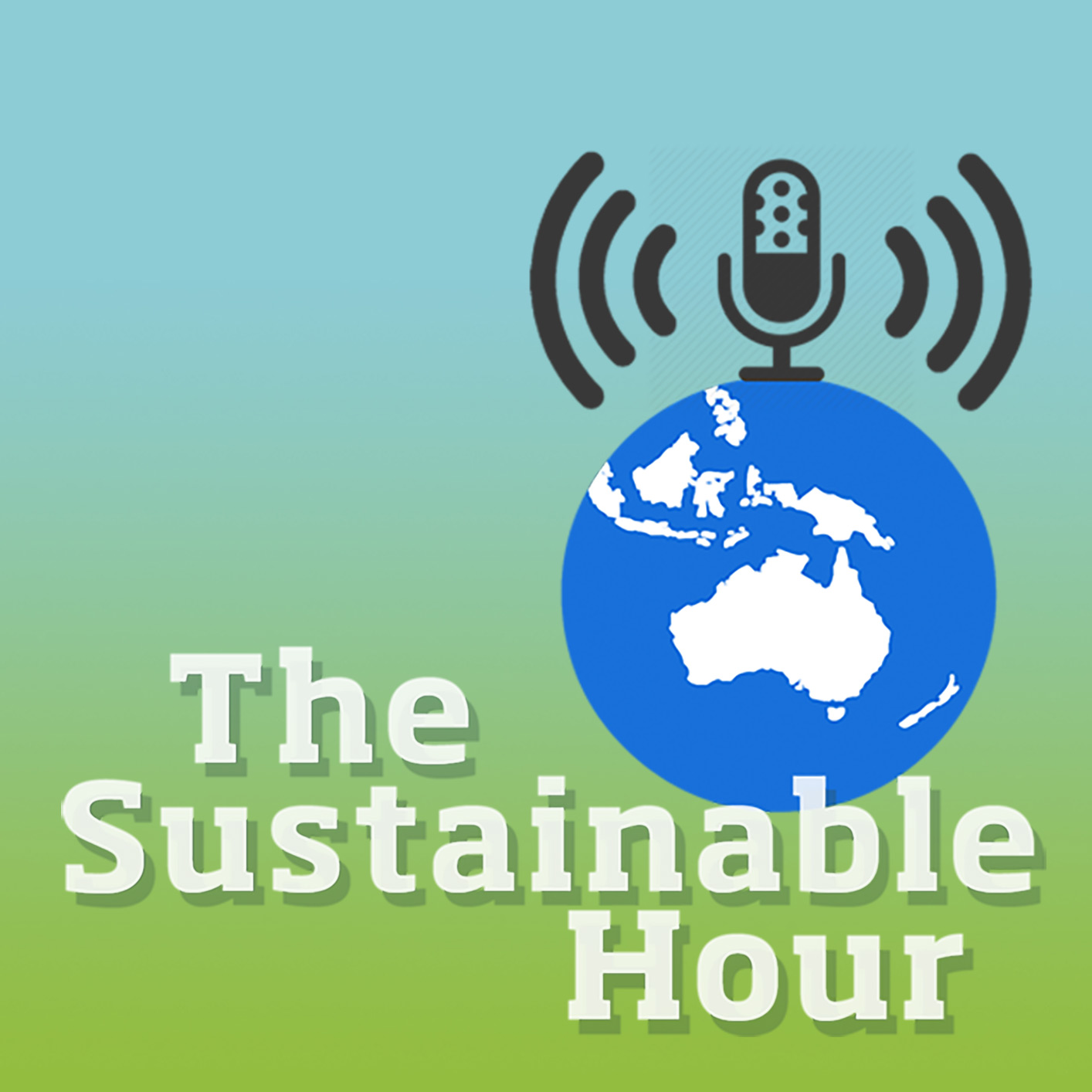
Podcast: Download (Duration: 1:05:59 — 30.4MB)
Subscribe: Apple Podcasts | Spotify | Android | RSS | More
The Sustainable Hour no 358
In The Tunnel on 14 April 2021 we focus on the sold out Geelong Energy Future Forum that is coming up next Wednesday at the West Geelong Town Hall, starting at 7pm. We have two of the speakers who will be giving their five-minute presentations there.
For anyone new to our show, this forum came about in response to Viva’s proposal to continue to build a floating gas hub in Corio Bay. The proposal caused a great amount of concern in Geelong and district residents who knew that the science is screaming out that we need to stop exploring for, extracting, transporting and burning fossil fuels. They turned this concern into action by coming up with a forum which aims at giving an alternative view to Viva’s of energy sources that won’t cost us the world literally.
First we have Colin Long who is the Victorian Trades Hall Just Transition Officer. Colin speaks of the importance of including the workers in any talks about how to do this transition correctly. The workers have to be actively involved in this decision making process and shown the benefits for them in making the necessary changes. This must involve retraining when and where necessary. Workers can’t just be left of the “scrap heap” like many other workers have been as a result of changes in the past. Colin optimistically predicts that this can result in a better, healthier world not only for these workers but also for their communities as a whole.
Simon Holmes à Court, Smart Energy Council board member and a senior advisor to the Climate and Energy College at Melbourne University, then continues to paint an alternative picture to the one Viva Energy has presented so far in the local media of Geelong. He optimistically outlines how we can transition all of our current major carbon emitting processes into the decarbonised world that the science demands of us in a way that, rather than destroying our economy, will only enhance it and allow us to lead the world because of the abundance of renewable energy sources that Australia is blessed with. Indeed, there are much better alternatives to the energy future that Viva is currently proposing.
Will the Geelong community decide to embrace these alternatives? It would appears so, as tickets for the Geelong Energy Future Forum on in Geelong West Town Hall, where these and other alternatives will be presented, are already sold out. Fortunately the event is going to be streamed live on Facebook and will be recorded and made freely available after this important night.
Hamburg is where Colin Mockett‘s Global Outlook start out this week. We hear what their Philharmonic Orchestra has done to honour the 200 anniversary of Vivaldi’s masterpiece ‘Four Seasons’. They have used the latest scientific climate modelling and high powered computers to compose a piece that reflects the change in weather patterns over those 200 years. In addition to this they have sent the score to all the major international philharmonic orchestras.
Colin then zooms us to Sweden, with news of a major car company’s plans for true climate neutral electric vehicles. They are aiming to achieve this without relying on offset programs like so many other companies are.
Next we go to the United Kingdom with news from a prestigious report that their net zero target won’t be achieved without big changes at all levels. Staying in the UK, Colin next reveals Prince Charles’ ‘Terra Carta’ which is a modern day version of their Magna Carta which has guided their law ever since it was drawn up in the 13th century. Finally for today we cross the Atlantic to the United States, with climate veteran Bill McKibben’s response to the Biden’s administration very ambitious $2 trillion US climate justice infrastructure plan.
An exciting time for all of us with an important choice to make: will we become part of the energy revolution or resort to business as usual? Remember that democracy isn’t a spectator sport. Get involved. The 21 April forum in Geelong is the start of something that is going to change our city and surrounds for ever. Get involved in this process.
We’ll connect with you back here next week. In the meanwhile, we assume you will be working hard on what needs to get done on the home front: get off gas. Becoming confident climate and energy revolutionaries is something each of us can do. It starts the moment we dare to be that difference.
“I think that we can produce a better economy with better jobs – a better future for workers – if we take the challenge of climate change seriously and act at the scale and pace that the science says we need to act, as long as we put workers and their communties at the front of our thinking and think of ways of making the world a better place.”
~ Colin Long, Victorian Trades Hall Just Transitions Officer
→ Subscribe to The Sustainable Hour podcast via iTunes or Stitcher
. . . . . . . . . . . . . . . . . . . . . . . .
Acknowledgement
We at The Sustainable Hour would like to pay our respect to the traditional custodians of the land on which we are broadcasting, the Wathaurong People, and pay our respect to their elders, past, present and future.
The traditional owners lived in harmony with the land. They nurtured it and thrived in often harsh conditions for millenia before they were invaded. Their land was then stolen from them – it wasn’t ceeded. It is becoming more and more obvious that, if we are to survive the climate emergency we are facing, we have much to learn from their land management practices.
Our battle for climate justice won’t be won until our First Nations brothers and sisters have their true justice. When we talk about the future, it means extending our respect to those children not yet born, the generations of the future – remembering the old saying that…

“We do not inherit the Earth from our ancestors. We borrow it from our children.”
The decisions currently being made around Australia to ignore the climate emergency are being made by those who won’t be around by the time the worst effects hit home. How utterly disgusting, disrespectful and unfair is that?
Grattan Report Release:
Go for net zero: a practical plan for reliable, affordable, low-emissions electricity
Australia can achieve a net-zero carbon emissions electricity system without threatening affordability or reliability of supply, according to a new Grattan Institute report.
| Go for net zero: a practical plan for reliable, affordable, low-emissions electricity debunks the myth that Australia needs to continue to rely on coal-fired power stations to keep electricity bills down. But it also warns against a rush to 100 per cent renewable energy, because ensuring reliability would be costly – especially in the depths of winter in the southern states when electricity demand is high, solar supply is low, and persistent wind droughts are possible. Grattan Institute developed an economic model of Australia’s National Electricity Market (NEM), finding that moving to a system with 70 per cent renewable energy – and closing about two-thirds of today’s coal-fired power plants – would not materially increase the cost of power but would dramatically reduce emissions. The economic modelling suggests that moving to a system with 90 per cent renewable energy – and no coal – could also be reliable. But some additional costs – such as more generation, transmission, and storage – would be necessary to ensure supply when the wind isn’t blowing and the sun isn’t shining. Nonetheless, this would be a low-cost way to nearly eliminate emissions in the NEM, and offsetting any remaining emissions each year could well be the cheapest way to reach net zero. The report shows that Australia can make the historic transition to a low-emissions electricity system without the lights going out and without power bills skyrocketing. But getting to 100 per cent renewable energy over the next two decades would be expensive unless there are major technological advances to backup renewable supply through rare winter wind droughts. That’s why Australia should commit only to net zero emissions in the NEM by the 2040s, not absolute zero emissions or 100 per cent renewable energy. The report identifies gas generation with negative-emissions offsets as the lowest-cost ‘bridging’ technology until a zero-emissions alternative, such as hydrogen-fired generation, pumped hydro storage, or carbon capture and storage, becomes an economically competitive backstop. Gas is likely to play the critical backup role, though not an expanded role. Australia will make a gas-supported transition to a net-zero emissions electricity system – but not a ‘gas-led recovery’ from the COVID recession. Noting that most of Australia’s coal-fired power stations are scheduled to be retired by 2040, the report urges governments not to use taxpayers’ money to extend the life of existing coal-fired generators, or to subsidise the entry of new coal-fired generators. The analysis in our report shows that Australia can achieve the trifecta of reliable, affordable, low-emissions electricity, and we can do it without coal.” Source |
Scientists rebel
We have understood the science of the climate crisis for over 30 years. The first IPCC report, where the world’s scientific community set out the scale of the problem, came out in 1990. But our governments chose not to act then, and still fail us today.
In 2018, the UN Climate Panel IPCC gave the world leaders a clear message. “We must change everything immediately if we are to limit global warming to 1.5°C degrees.”
Since then, virtually nothing has happened at policy level
In March 2021, over 100 scientists around the world engaged in direct action to expose the terrifying extent of the climate crisis. Four days of disruption marked the first Global Scientist Rebellion.
The rationale for the rebellion was that unless those best placed to understand our emergency behave like we’re in one, the rest of the world will not. Or as Einstein put it; “Those who have the privilege to know have the duty to act”.
Scientists went on hunger strike across Europe and in Djibouti, Mexico, Australia and the US. The hunger strikes lasted from four days to over two weeks in the case of a software engineer in Djibouti.
In cities across Spain, Germany and Switzerland, scientists plastered the walls of universities and research centres with scientific papers warning of the severe destruction to come if climate science is ignored.
In London, two scientists were arrested for throwing paint at the News Building, the headquarters of Murdoch’s media empire. His newspapers and TV news channels have persistently misled and misinformed the public about theclimate crisis.
Political buildings were also targeted. In Berlin scientists tried to plaster climate crisis papers to the Federal Ministry of Food & Agriculture, but were quickly intercepted and fined by police. It took 3 hours, a specialist team, and over a dozen police officers to cut away one scientist who locked himself to the gates of Downing Street where the British Prime Minister resides.
Meanwhile, in lecture halls and campus spaces rebel scientists held teach-ins where the normal syllabus was replaced with lessons on the climate crisis. The tactic of civil disobedience was clearly endorsed.
Scientist Rebellion is just 6 months old but has academic activists in 20 countries. Plans are already underway for the 2nd Global Scientist Rebellion from 21st to 28th of June 2021.
To be a part of Scientist Rebellion and learn more about the group’s demands visit their website.
.
. . . . . . . . . . . . . . . . . . . . . . . .
“Pretending that the fossil fuel industry has a long-term future – or even a medium-term future – is not looking after the interests of workers, and certainly not looking after the interests of blue-collar workers. We need to be honest with workers about the pace of which we need to change, and the scale of which we need to change our economy, and we need to reassure them that they won’t be left behind in that process of change, and that in fact we can create better and more jobs for workers in a sustainable economy.”
~ Colin Long, Victorian Trades Hall Just Transitions Officer
. . . . . . . . . . . . . . . . . . . . . . . .
NDR Elbphilharmonie Orchester: ‘For Seasons’
Alan Gilbert and musicians from the NDR Elbphilharmonie Orchestra make the climate crisis audible.
Concert recording from the Elbphilharmonie.
Listen on Youtube
. . . . . . . . . . . . . . . . . . . . . . . .
. . . . . . . . . . . . . . . . . . . . . . . .
Events we have talked about in The Sustainable Hour
Events in Victoria
The following is a collation of Victorian climate change events, activities, seminars, exhibitions, meetings and protests. Most are free, many ask for RSVP (which lets the organising group know how many to expect), some ask for donations to cover expenses, and a few require registration and fees. This calendar is provided as a free service by volunteers of the Victorian Climate Action Network. Information is as accurate as possible, but changes may occur.
Petitions
→ List of petitions where you can add your name
. . . . . . . . . . . . . . . . . . . . . . . .
Live-streaming on pause
The Sustainable Hour is normally streamed live on the Internet every Wednesday from 11am to 12pm (Melbourne time), but due to the corona lockdown, the radio station has been closed.
» To listen to the program on your computer or phone, click here – or go to www.947thepulse.com where you then click on ‘Listen Live’ on the right.
. . . . . . . . . . . . . . . . . . . . . . . .
Podcast archive
Over 350 hours of sustainable podcasts
Listen to all of The Sustainable Hour radio shows in full length:
→ Archive on climatesafety.info – with additional links
→ Archive on itunes.apple.com – phone friendly
Receive our podcast newsletter in your mailbox
We send this newsletter out around eight-ten times a year.
Email address and surname is mandatory – all other fields are optional.
You can unsubscribe at any time.
Find The Sustainable Hour on social media
Facebook:
www.facebook.com/TheSustainableHour
→ Overview of all podcast front covers
Twitter:
www.twitter.com/SustainableHour Twitter tag: @SustainableHour
YouTube channel:
www.youtube.com/c/thesustainablehour
Share the news about this podcast in social media
→ Share on www.twitter.com and www.facebook.com
→ Podcasts and posts on this website about climate emergency
→ Latest news on BBC about climate change






